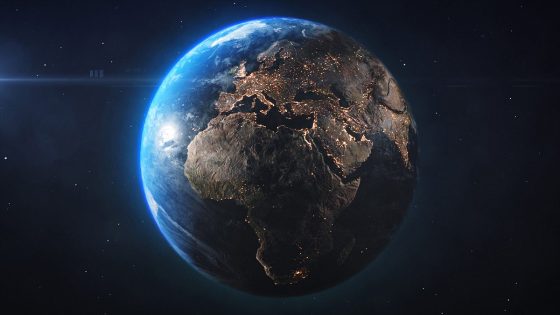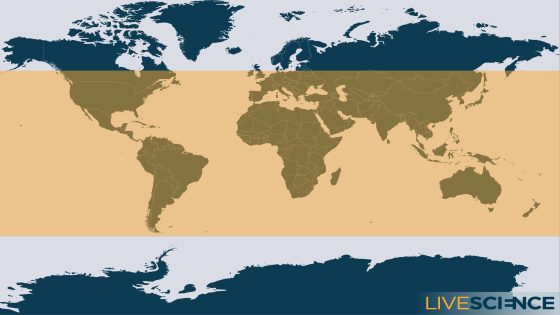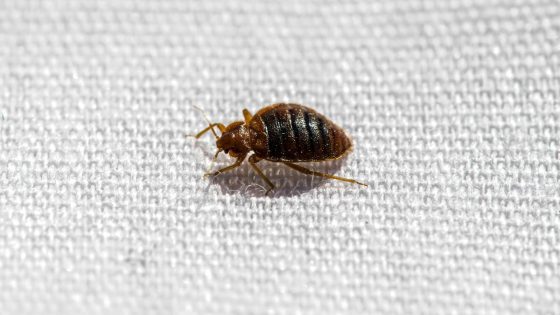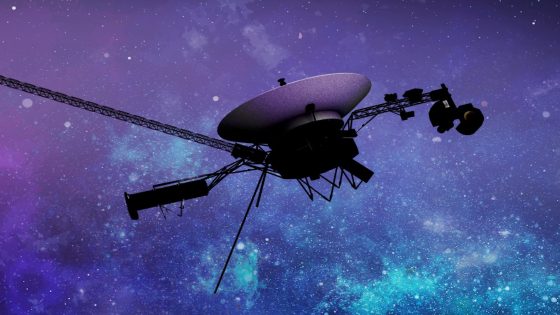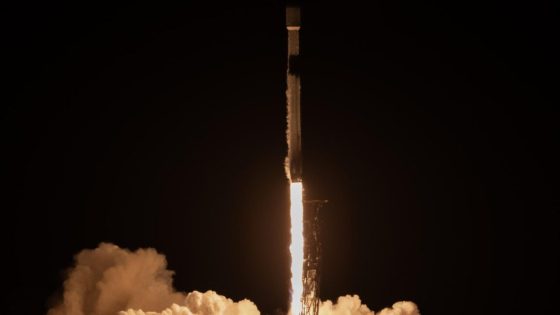Oxygen is essential for life on Earth, but will it ever run out? As scientists explore this question, they reveal that our planet’s oxygen-rich atmosphere has a limited lifespan. A recent study published on 2025-05-07 12:55:00 indicates that we might have only one billion years left before significant deoxygenation occurs.
- Earth's oxygen-rich atmosphere will last 1 billion years.
- Great Oxidation Event occurred 2.5 billion years ago.
- Future deoxygenation will resemble early Earth.
- Oxygen is a key biosignature for exoplanets.
- Life on Earth may end in 2 billion years.
- Astronomers should consider non-oxygen biosignatures.
This research, led by Kazumi Ozaki and Christopher Reinhard, utilized advanced computer models to predict the future of Earth’s atmosphere. They found that various scenarios, including climate change and the Sun’s increasing brightness, could impact oxygen levels dramatically.
What does this mean for life on Earth? The study highlights a critical transition period where the atmosphere could shift drastically, potentially ending the biosphere as we know it. Consider these points:
- Oxygen levels are expected to decline significantly in about one billion years.
- Future conditions may favor anaerobic life forms over aerobic ones.
- This research underscores the transient nature of Earth’s biosphere.
- Understanding oxygen’s fate can inform our search for life on exoplanets.
As we advance our understanding of planetary atmospheres, we must remain vigilant and proactive in addressing climate challenges to ensure a sustainable future for all life forms.



